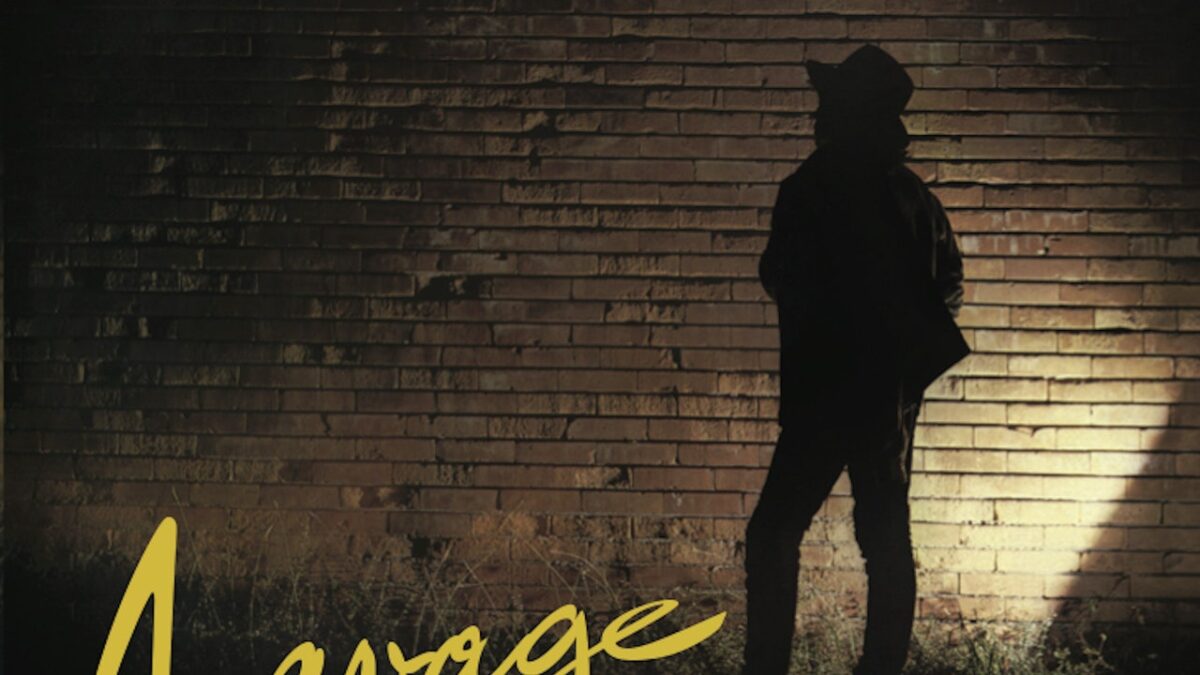
Savage spends the first few seconds of his 1984 national television debut frozen stiff. As the intro of his first single, “Don’t Cry Tonight,” begins to play, he poses in a half-kneel, his right hand resting on his leg in front of him, his left around his neck. A fedora covers his entire face, like an off-brand Bob Fosse impersonator. Behind Savage (real name: Roberto Zanetti) spin the neon blue lights of the futuristic set of Discoring, a show airing on Italy’s Rai 1 network that regularly features acts from the country’s burgeoning dance scene.
After eight motionless bars, Zanetti raises his head and looks into the camera. Suddenly, a jolt: His right hand pounds the ground and his left points behind him to 8 o’clock. He rises slowly, arms outstretched at his sides, index fingers pointed, then drawing them together in front of his chin. He balls his hands into fists and hides his face again, only to re-emerge when, about 75 seconds into his song, he begins lip-synching lyrics that have the syntactical incoherence but emotional clarity of someone talking in his sleep: “When you find the light to an upset shade away/If you’ll never, never let me go with every melody…” Zanetti, though, is very much awake, his eyes wide open and barely blinking. His expression, sometimes punctuated by a grimace, is so intense, its projected passion feels potentially murderous, like that of a chronically misunderstood loner in a giallo.
Zanetti’s performance elicits the same response as the best songs in Italo disco, the genre that Savage would come to exemplify. Heard the first or the fiftieth time, an effective Italo song makes you wonder, What’s going on here? What’s going to happen next? This is a style so reliant on novelty, it can shock from measure to measure. In his memoir, Italo Disco: History of Dance Music in Italy from 1975 to 1988, producer Raff Todesco (Time’s “Shaker Shake”) enumerates the elements to a successful Italo song, including synths, a lack of guitars, an embrace of technology, and, perhaps most notably, a “catch,” by which he means “something that was unique”—a vocalization, a strange sound, a weird way of singing. The result is a genre that is a true neophile’s delight, a smorgasbord of idiosyncrasies.
It has been posited that for all its garish futurism, bald-faced hokeyness, and earnest expressions in limp English, Italo is “the most amazingly uncool genre ever created,” but Savage wasn’t necessarily trying to be cool. He was trying to be different. Like the disco that preceded it and the house that would follow in its wake, the Italo hits of the early ’80s generally landed around 120 BPM, like ‘Lectric Workers’ “Robot Is Systematic,” Gary Low’s “You Are a Danger” and “I Want You,” and Klein & M.B.O.’s “Dirty Talk.” To stand out from the pack, Savage deliberately paced his first single at a slower-than-typical 104 BPM. In a conversation with Pitchfork, Zanetti said that when clubs would play his song—and it was met with such fervor upon release that this sometimes happened three or four times over the course of a night—DJs would have to stop the music to make way for the lumbering strut of “Don’t Cry Tonight.” From the jump, Savage was, simply, unmatchable.













